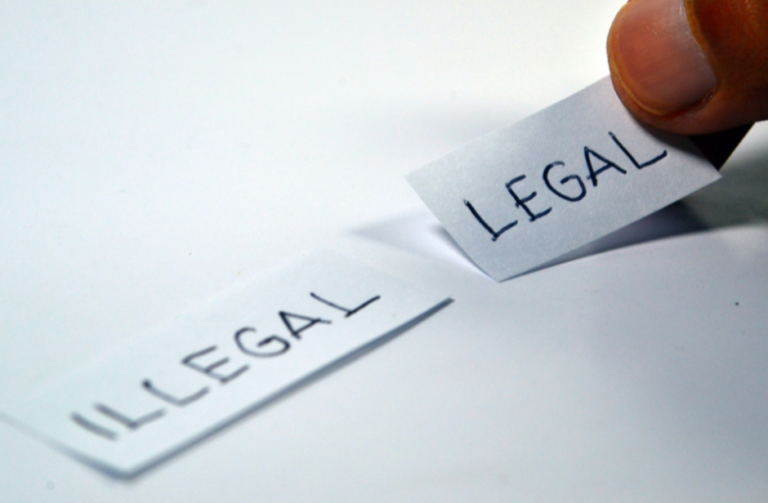
Are you thinking about undertaking a career in public policy? Or, are you simply interested in learning more about the subject matter?
While the term “public policy” is one we hear a lot these days, very few people know what public policy actually entails. What is public policy? How does public policy affect our everyday lives? Read this guide for a quick overview of public policy.
What is Public Policy?
Public policy refers to the broad area of government regulations, laws, local ordinances, and court decisions. Government affects all aspects of our lives, which means that everyone has something at stake when it comes to the public policies enacted on local, state, and federal levels.
While the government determines public policy, citizens can influence public policy by voting and supporting certain political candidates. While politicians and political parties can come and go, certain public policies often stay in place for decades upon decades (if not centuries upon centuries!).
This is why having an understanding of public policy, especially the policies that may affect you directly, is so important.
Types of Public Policy
Public policy can be broken down into three main categories:
- Regulatory
- Facilitating
- Restrictive
Regulatory Policies
Regulatory policies are those that place restrictions on industries, corporations, and other large entities. These policies mainly affect the private sector. However, social policies, such as health policies, can fall under regulatory policies.
An example of a regulatory public policy is the Clean Air Act, which regulates the maximum amount of carbon emissions a vehicle can produce. Regulatory policies are extremely important, as they help protect both the consumer (you) and the environment.
Facilitating Policies
Facilitating policies refer to policies that promote engagement and cooperation among government agencies. The Homeland Security Act of 2002 is an example of a facilitating policy.
This policy aims to prevent terrorist attacks on US soil and requires cooperation at all levels of government.
Restrictive Policies
Restrictive public policies are those that make a specific action legal or illegal and come with a set of criminal penalties. Restrictive policies can be either economic or public.
Economic restrictive policies refer to things such as embargos, tariffs, trademarks, and intellectual properties. Essentially, these are policies that have an economic impact on a specific sector of business.
Public restrictive policies impose limitations on individuals. For example, a local government may enact a restrictive public policy that limits the selling of alcohol to certain hours of the day.
Careers in Public Policy
While most people who work in public policy work for a government agency, you don’t have to be a politician to get involved with public policy.
Some public policy jobs may include:
- Market research analyst
- Sociologist
- Public policy director
- Public policy analyst
- Regulatory affairs manager
- Public policy advocate
- Lobbyist (You can check out this guide to learn about a lobbyist vs advocate.)
As you can see, there are many directions you can take this career!
Public Policy: What’s Next
Now that you have this overview of public policy, it’s time to dive deeper into the subject matter. Even if you don’t envision a career in politics, learning about public policy is still important, as it affects everyone!
Check back in with our blog to learn more about public policy!